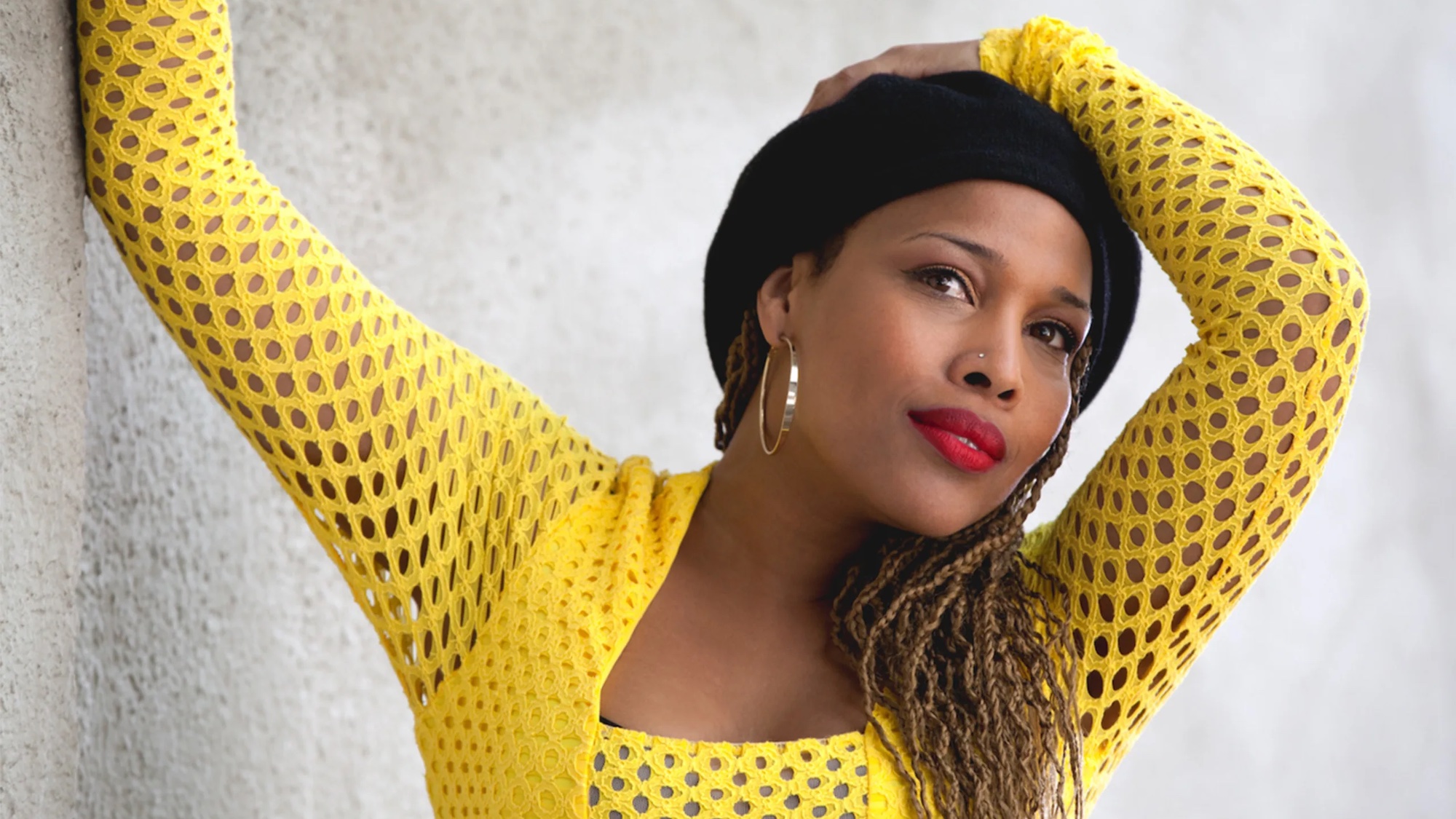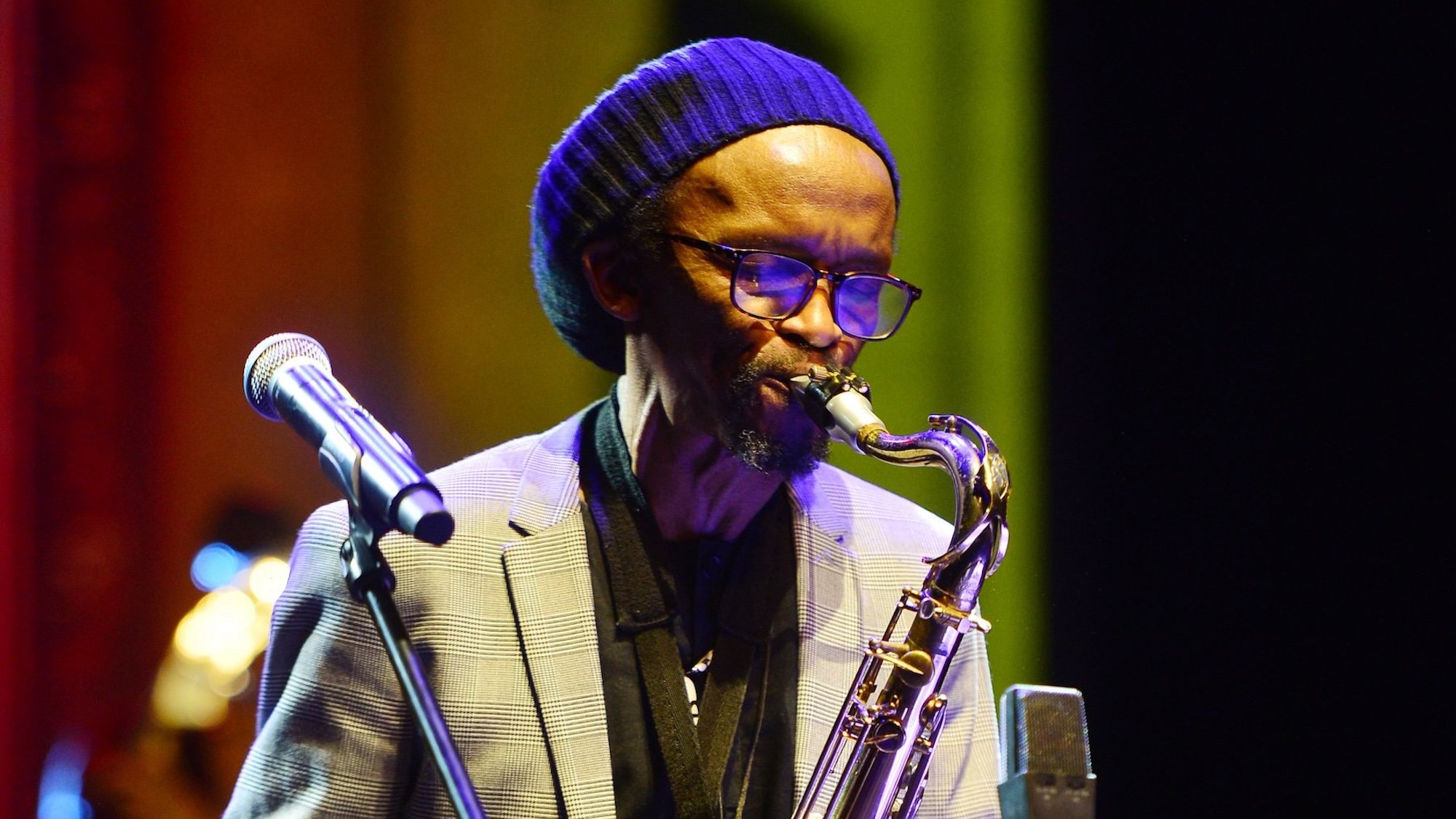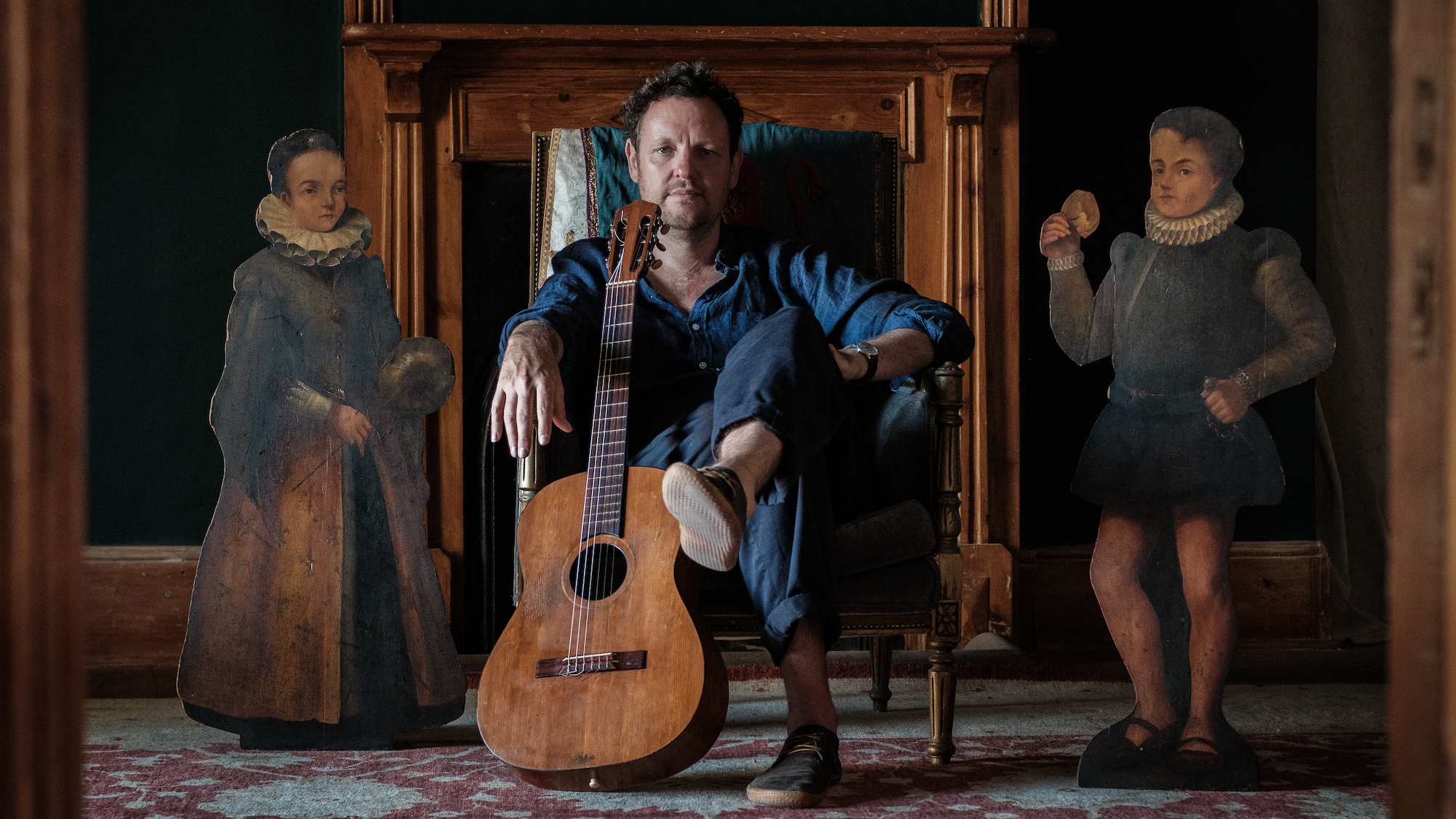April 01, 2024
The Spirit of Ubuntu: Celebrating South African Freedom Day
By Atiyyah Khan
Cape Town-based guest writer Atiyyah Khan speaks to the South African artists performing during the week of 4/25-28 in celebration of the country’s 30th Freedom Day.

Melanie Scholtz
This year, audiences at the SFJAZZ Center can look forward to a special programming around South Africa and their Freedom Day Commemoration. Annually on April 27, South Africa celebrates Freedom Day as the day that the first democratic elections were held. From May 25 -27, SFJAZZ hosts saxophonist McCoy Mrubata, singer Melanie Scholtz, and guitarist Derek Gripper.
In South Africa, jazz plays an important role in the struggle for freedom. Many musicians were anti-apartheid activists and were important players in mobilizing their communities in the fight for freedom. Musicians themselves within the jazz community endured a lot of discrimination, and as a result became very politically active. They performed and marched at rallies and created music that would signify the importance of their fight for liberation.

McCoy Mrubata (photo by Siphiwe Mhlambi)
As one of the elders on the scene, it is really refreshing then, that saxophonist and flautist McCoy Mrubata will be performing in San Francisco as he has been a firm contributor to the South African music landscape for over four decades. Mrubata was born in the historic township of Langa in Cape Town, and lived there for many years before moving to Johannesburg. Langa was home to many jazz musicians, who became Mrubata’s mentors. Originally he thought he would be a visual artist because he loved painting, but soon found that he was talented in the penny whistle and his mother bought his first flute in 1978. He credits his music education to all the music mentors he played with over the years through performances and jam sessions.
For the SFJAZZ concerts he says he will be performing some of his newer compositions that were recorded in the U.S last year for a forthcoming album, along with other compositions from his repertoire from his entire career. Audiences can expect Mrubata’s interpretation of South African jazz, infused with his classic mbaqanga style. About performing at the festival he says, “It’s nice to show people outside of South Africa what we have to offer.” He performed previously at SFJAZZ several years back with a band called Uhadi, and his U.S performances have included regularly working with Jazz at Lincoln Center in New York.
Speaking about the role of jazz under apartheid, Mrubata said that the music “gave people a sense of belonging. If you listen to 'Mannenberg' by Abdullah Ibrahim, the music might not even have lyrics, but it gives people hope. I remember, especially later in the 80s, in the UDF (United Democratic Front) times, we would do lots of free gigs, and then we were in the forefront. I remember (saxophonist) Basil Coetzee when he played, it was so spiritual to watch him. Jazz played a big role in apartheid and in bringing people at ease. And it’s even more powerful when we actually sing. Such as Bra Winston Mankunku’s song 'Asiyapo' which spoke about the forced removals from Sophiatown, so it was enticing people and at the same time getting them to forget because it was hard times. Music kept people sane as well as us — it was healing us too.”
As someone who lived through the toughest times in apartheid, asked what freedom means to him, Mrubata says, “Artists have always been free… but for me now that we are officially free, what it means now I can enjoy, reap the fruits of my labour, because we've been in this for a long time. So, we are getting a break now and the recognition we deserve now. I’m free to teach. I’m free to move around.”

Melanie Scholtz (photo by Dylan Haskin)
South African vocalist Melanie Scholtz will be joined by Kenyan pianist Aaron Rimbui for a tribute to one of the country’s greatest music heroines, Miriam Makeba. Many are aware of Makeba’s long legacy in music, but she also spent much of her life as a pan-Africanist and an activist for justice. Scholtz, who is originally from Cape Town, but now living in the U.S has been performing for many years since the early 2000s and has launched five acclaimed albums.
For the show in San Francisco she says, “It will be paying tribute to Ma Miriam in a very re-imagined way and then adding our own compositions to show the link and the influence of Miriam Makeba specifically as an iconic African and world figure, not just as a musician but also as an activist. I think that plays a very strong part of our ethos for what we plan for the show. We’re hoping to show a new face to some Miriam classics.”
Scholtz is really excited to head to the Bay Area and she says she is looking forward to playing to a different audience.
When asked about her thoughts on freedom, she says, “It’s extremely auspicious to be performing around Freedom Day. I think freedom has always had a special place in all our hearts as South Africans. I always think that the spirit of ubuntu (a Bantu word meaning "a universal bond of sharing that connects all humanity") and standing of the shoulders of giants hits me every time I walk onto the international stage, and I know that those opportunities would not have been afforded to me if it wasn't for someone like Miriam Makeba or any of the amazing, iconic artists who dared to go into exile or stay in South Africa and fight for future generations. So, I always take my place on that stage very seriously. It’s a very sacred space and I’m extremely grateful. I feel a huge sense of gratitude that those who came before me paved the way.”
At the same time, Scholtz acknowledges that South Africa still has a long way to go in its continuous fight for freedom.
Here's an exclusive playlist curated by Melanie Scholtz and McCoy Mrumbata:
Finally, rounding up the line-up for the festival is guitarist Derek Gripper, who in recent years has dedicated much of his work to transcribing kora music for guitar. Gripper is no stranger to SFJAZZ, as he previously performed with Kaki King. This time he will be playing solo acoustic guitar and focusing on his original compositions and transcriptions of West African kora masters like Mali’s Toumani Diabaté and Ballaké Sissoko.

Derek Gripper (photo by Simon Attwell)
Speaking more about his performance, he says the show is an improvisation of recollections. He says, “What I learnt from playing with many musicians on the continent is that the collective memory and the improvisation within that is a wonderful thing and something that I find is very rich. So, there will be recollections of the kora of Ballaké Sisoko; the guitar of Ali Farka Touré; the beautiful music from the cello and violin of Johann Sebastian Bach — and compositions I’ve made over the years of all the things that have inspired me,”
He adds, “The music that I'll play is never pre-planned, but I have the limited resources of the guitar and the limited resources of the musical language that I work out of which comes from bow music, the kora, the guitar music from the African continent and from early European music. And that has become an interesting reference point for what you call freedom, because it's freedom with very limited resources and the realisation of creativity with limited resources. It's rather an attempt for growth and constantly finding new things.”
Speaking at the state of where South Africa is today, he says, “I think we’re at the hangover stage of post-apartheid and now we’re at the point when we realise freedom is also governance, economics, education, opportunities, vision - and that's where we need to go next.”
McCoy Mrubata, Derek Gripper, and Melanie Scholtz with Aaron Rimbui perform in the Joe Henderson Lab in celebration of South Africa’s Freedom Day (4/25-28). Tickets and more information are available here.
Atiyyah Khan is an arts journalist, music writer, DJ, researcher and cratedigger from Johannesburg, South Africa. Common themes in her work focus on topics like spatial injustice, untold stories of apartheid, jazz history and underground art movements in South Africa.
